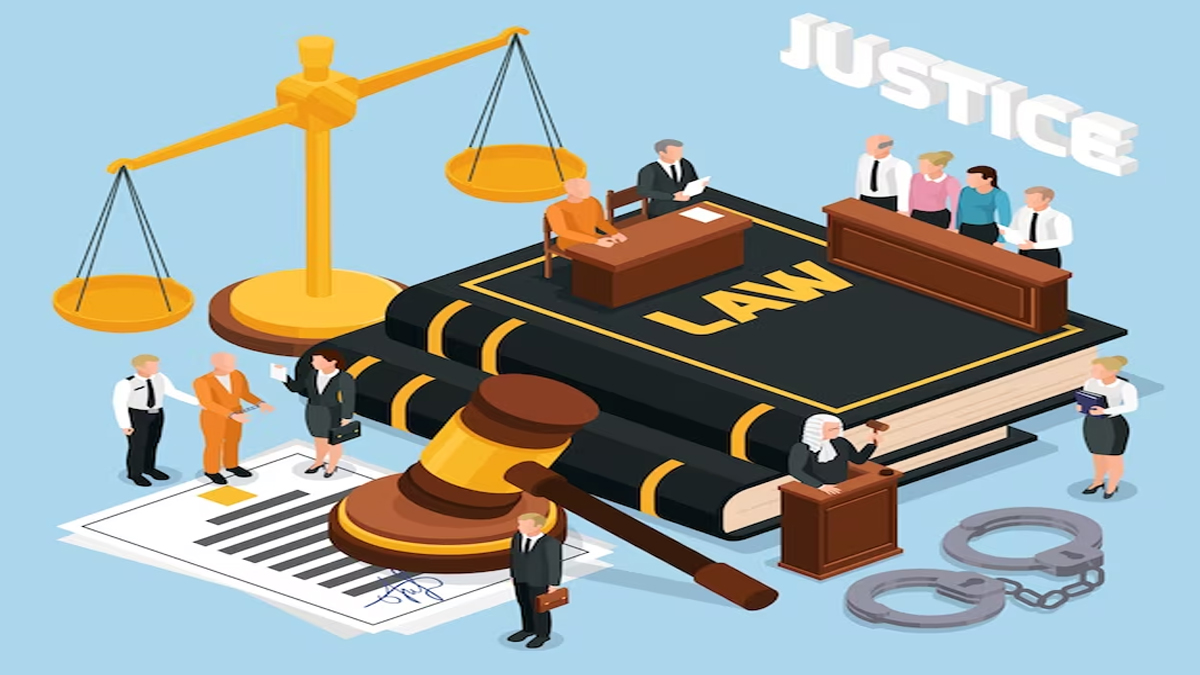This case is often associated with the assassination of Prime Minister Indira Gandhi by her Sikh bodyguards on October 31, 1984, which led to a wave of violence against the Sikh community in various parts of India.
Kehar Singh was one of the accused in the case. He was alleged to have conspired with the two Sikh bodyguards, Satwant Singh and Beant Singh, who assassinated Prime Minister Indira Gandhi. Kehar Singh, along with Balbir Singh, was charged with conspiracy and abetment in the assassination.
The trial court convicted Kehar Singh and Balbir Singh and sentenced them to death. However, on appeal, the Delhi High Court acquitted Balbir Singh but upheld Kehar Singh’s conviction. Kehar Singh was subsequently sentenced to death.
The case attracted a lot of attention and controversy because it was linked to the larger issue of the 1984 anti-Sikh riots, in which thousands of Sikhs were killed, and their properties were destroyed or looted in the aftermath of the assassination of Indira Gandhi.
Many human rights organizations and activists raised concerns about the fairness of the trial and the possible political motivations behind Kehar Singh’s conviction. They argued that Kehar Singh was being used as a scapegoat to deflect attention from the larger issues surrounding the anti-Sikh violence.
Kehar Singh’s case eventually reached the Supreme Court of India. In its judgment, the Supreme Court upheld his conviction, and he was executed in 1989.
The case remains controversial and is often cited in discussions about the events of 1984 and the treatment of the Sikh community in India. It is seen by some as a symbol of the challenges in seeking justice for the victims of the 1984 anti-Sikh riots and the complex legal and political issues surrounding the case.
